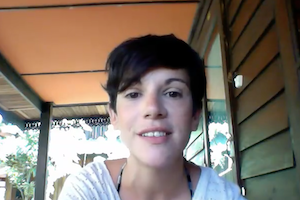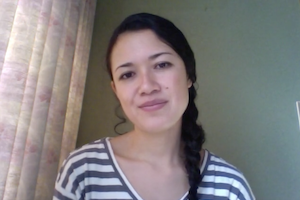
My 5 tips to learn Spanish
 Hi, my name is Daniel and I’m the creator of Spanish Listening. Here, I want to share my 5 tips for learn and master the Spanish language (or actually any language).
Hi, my name is Daniel and I’m the creator of Spanish Listening. Here, I want to share my 5 tips for learn and master the Spanish language (or actually any language).
I’m a native Spanish speaker but I’ve studied several languages and I am very happy with the level I’ve reached in both English and Japanese. They’re far from perfect but I am quite confident in both of them.
According to my own theory, there is no such a thing of “the most difficult” language, but it’s only a matter of how different a language is from your native tongue.
So, my first tip is:
1. Find and understand the main differences with your main language
This is crucial for saving a lot of time by identifying patterns in your new language. For example, does the language you’re studying have masculine and feminine nouns? Does it have singular and plural? A lot of languages don’t have these, so it’s easier to step back a little bit and understand the main features of the language. Once you do this, a lot of things will make much more sense.
2. Don’t be embarrassed by mistakes
One thing to remember is that even native speakers make mistakes when communicating in their own language and, to be 100% honest, very few people know the proper names for grammatical rules and things like that. So, don’t be embarrassed and try to speak the language. If you make a mistake and still were able to get your idea through, then it’s a win. If you made a mistake and made a fool of yourself… then you learned a good lesson (and hopefully can laugh about it in the future).
3. Use online resources
Nowadays there are plenty of resources online, some of them are free, some of them are not. Some of them are well structured, some of them not so much. But whatever the case, there are many resources you can use to practice your language skills.
For example, at the very basic level I always recommend one of our top speakers, Danya. She’s from Chile but she speaks very slowly and very clearly (unlike people from Chile… and I’m saying this because I am from Chile as well). You can check her out here:
https://spanishlistening.org/content/351-danya-chile-car.html
Other resources you can use, it’s the Real Academia Española’s dictionary. https://www.rae.es/
Here you’ll find a very reliable dictionary and the correct conjugation for all the verbs.
On their homepage you can write the word you’re looking for and you’ll get the meaning in Spanish (yes, this will help you even more in your practice)

Since it also has the option to conjugate verbs (the blue button), you will get all the correct information with just one click.

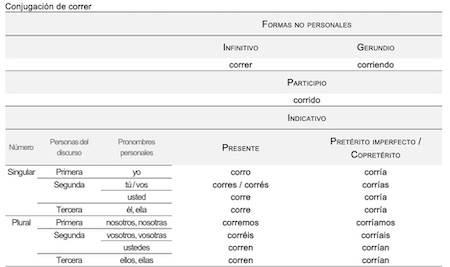
4. Have fun
Learning a language has no meaning if you don’t have fun. Go out of the classroom, make new friends, travel, and get lost in a new city (try to stick to safe places, though). Languages can open so many doors that is impossible to foresee.
You can also try to push yourself to learn something new in that new language. Studying Spanish? You can combine that with dance classes IN Spanish. Learning Italian? Why not taking some cooking classes; or wine lessons in French? The possibilities are endless.
5. Keep always learning
No matter how good you get in your new language, you should never stop there. There’s always a new book you can read (or write, why not?), there’s always a course you can take or a new adventure you can try.
Keep that spirit alive and I can assure you that you’ll have fun while keep learning.
If you guys have any other tips, don’t hesitate to let me know in the comments.
Start Learning>>

Spanish for Beginners

Seiji / Bolivia ![]()
¿Eres una persona diurna o nocturna?
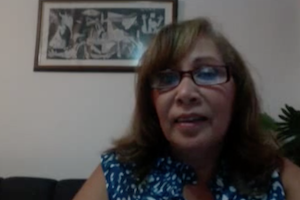
Gisela / Venezuela ![]()
¿Qué te gusta hacer para divertirte?
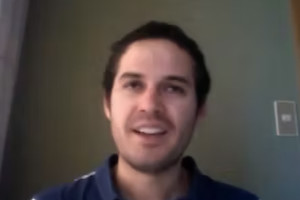
Alex / Mexico ![]()
¿Ciudad o Campo?

Adelina / Spain ![]()
¿Qué has comprado hoy?

William / Mexico ![]()
¿Qué puedes cocinar bien?

